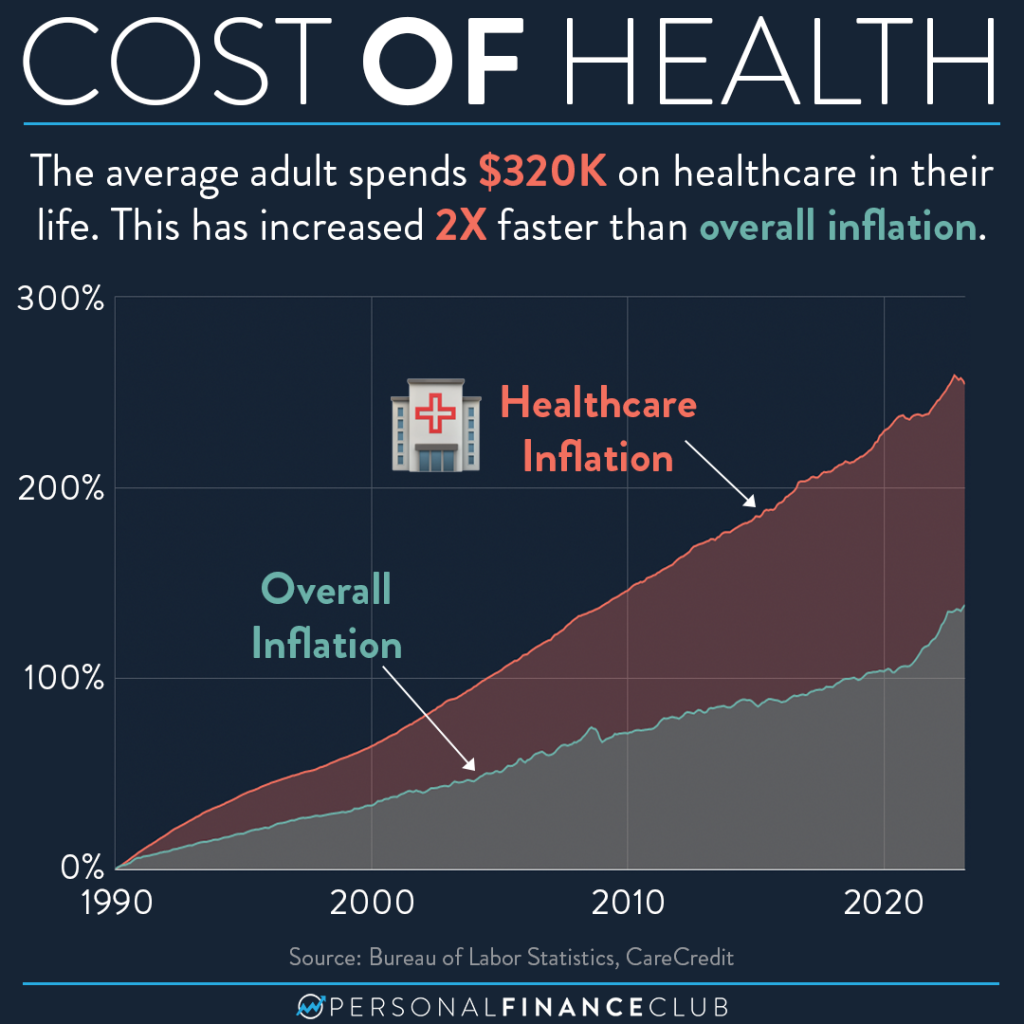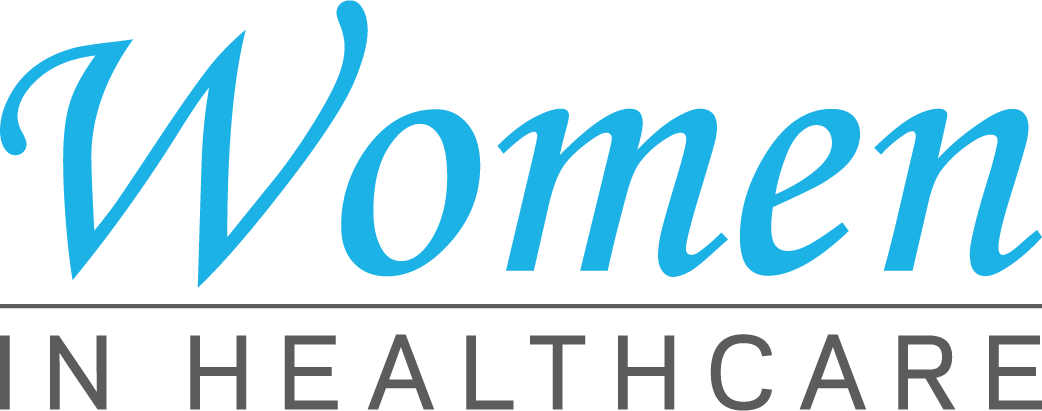Comprehensive Healthcare RCM for Improving Client Invoicing and Repayments
Comprehensive Healthcare RCM for Improving Client Invoicing and Repayments
Blog Article
Recognizing the Duty of Healthcare RCM in Enhancing Financial Performance and Client Fulfillment
Browsing the intricacies of Healthcare Revenue Cycle Management (RCM) is vital for accomplishing ideal monetary performance while at the same time raising individual fulfillment. RCM's capability to enhance invoicing, make sure exact coding, and expedite insurance claims refining stands as a keystone of contemporary health care operations. However, the nuanced interaction in between these aspects warrants a closer examination to totally value their effect on both doctor and clients. As we explore the transformative possibility of RCM, concerns about its critical execution and future developments beckon, encouraging insights that could redefine sector requirements and patient experiences alike.

Trick Parts of RCM
In the facility landscape of medical care, Profits Cycle Administration (RCM) is essential in making sure monetary stability and operational efficiency. A comprehensive RCM system encompasses a number of vital components, each playing an important role in the seamless management of a healthcare company's economic procedures. Person enrollment and eligibility confirmation are foundational actions, guaranteeing that precise person details is captured and insurance coverage is confirmed prior to services are provided. This lowers the threat of case rejections and increases the reimbursement process.

Fee capture is an additional necessary component, including the exact recording of services supplied to people. It guarantees that all billable solutions are accounted for, consequently taking full advantage of revenue capacity. Simultaneously, medical coding translates patient encounters right into standardized codes, which are vital for billing and regulative compliance.
Cases entry and monitoring follow, involving the preparation and submission of insurance claims to payers. This procedure calls for meticulous interest to detail to lessen mistakes and prevent delays. Rejection monitoring is a proactive method to attend to and resolve rejected insurance claims, safeguarding revenue streams.
Lastly, repayment publishing and client collections complete the cycle, guaranteeing repayments are precisely taped and impressive equilibriums are gone after. With each other, these parts create a durable structure that sustains the economic and functional health and wellness of health care organizations.
Effect on Financial Performance
Effective Income Cycle Management (RCM) substantially influences a medical care organization's economic efficiency by optimizing capital and minimizing profits leakage. RCM encompasses the thorough invoicing and collection processes that ensure doctor efficiently handle their monetary transactions from person registration to final settlement. By enhancing these processes, companies can lessen denied cases, accelerate payment cycles, and boost general financial health and wellness.
Financial efficiency is improved via careful management of payment treatments, which includes accurate coding and timely entry of insurance claims. This reduces the chance of claim rejections and rejections, which can dramatically impede earnings flow otherwise dealt with without delay. Furthermore, integrating innovative innovation remedies helps with real-time monitoring of claims and monetary metrics, giving healthcare managers with the devices required to make enlightened strategic decisions.

Enhancing Client Satisfaction
While enhancing economic efficiency is a key goal of Profits Cycle Monitoring (RCM), it also plays a critical duty in boosting patient complete satisfaction. Individuals today need openness, performance, and accuracy in their healthcare interactions. RCM systems enhance these procedures, offering individuals a smooth experience from consultation organizing to settlement. By reducing administrative concerns, RCM enables health care carriers to concentrate much more on patient care, which directly improves patient satisfaction.

RCM likewise boosts client satisfaction with reliable communication. By keeping an extensive data source of patient info, RCM facilitates enhanced interaction between individuals and medical care companies, making certain clients really feel educated and valued.
Techniques for Reliable RCM
Achieving efficient Earnings Cycle Management (RCM) needs health care companies to implement a set of strategic practices that make sure economic stability Bonuses and operational effectiveness. One critical technique is the fostering of technology-driven remedies, such as integrated software application systems that enhance payment processes, minimize mistakes, and enhance information precision. These systems make it possible for real-time tracking of monetary metrics, enabling for punctual recognition and correction of inadequacies.
Another strategy is the standardization of processes across the revenue cycle. Healthcare RCM. This includes creating consistent policies for client enrollment, insurance policy confirmation, and declares handling. By making sure that all personnel comply with these requirements, organizations can speed up and reduce discrepancies payment collections
Team training and growth additionally play an essential function in efficient RCM. Well-trained employees can successfully browse complicated billing treatments and guidelines, minimizing denials and improving capital. Routine updates on policy adjustments and ideal methods help keep a experienced and qualified labor force.
Future Trends in RCM
As healthcare companies enhance their Earnings Cycle Administration (RCM) approaches with innovation and standard processes, focus is now transforming in the direction of the future patterns forming this crucial location. One significant pattern is the integration of expert system (AI) and artificial intelligence to automate complicated jobs, such as cases processing and anticipating analytics. These modern technologies are expected to minimize mistakes, accelerate deal times, and give data-driven insights for much better decision-making.
In addition, the change towards value-based care proceeds to affect RCM techniques - Healthcare RCM. Doctor are anticipated to increasingly concentrate on individual end results and complete satisfaction, requiring RCM systems that can suit brand-new reimbursement models. This shift will need even more thorough information collection and analysis to effectively determine and report on efficiency metrics
Interoperability is an additional arising priority, as seamless data exchange between diverse systems ends up being essential. Enhanced interoperability will help with more precise person details sharing, reducing administrative concerns and discover this enhancing the client experience.
Verdict
Medical Care Revenue Cycle Management (RCM) substantially affects both financial performance and client contentment by optimizing invoicing procedures, ensuring precise coding, and making it possible for timely cases entry. Efficient RCM reduces profits leak and increases capital, lowering insurance claim denials and accelerating payments. This efficiency cultivates count on and contentment amongst individuals. RCM systems additionally help with far better communication and versatile repayment alternatives, producing a patient-centered experience. Future RCM trends will likely focus on further incorporating innovation to boost these advantages.
Navigating the details of Healthcare Profits Cycle Management (RCM) is necessary for achieving ideal economic performance while concurrently boosting client fulfillment. RCM encompasses resource the extensive payment and collection procedures that ensure health care carriers efficiently manage their monetary purchases from patient registration to final repayment. By lowering administrative concerns, RCM enables medical care providers to focus a lot more on person treatment, which straight improves client fulfillment.
By preserving a thorough data source of person information, RCM facilitates improved communication between patients and healthcare service providers, making sure individuals really feel educated and valued.Medical Care Profits Cycle Monitoring (RCM) considerably affects both economic efficiency and person satisfaction by enhancing invoicing processes, guaranteeing accurate coding, and allowing prompt claims entry.
Report this page